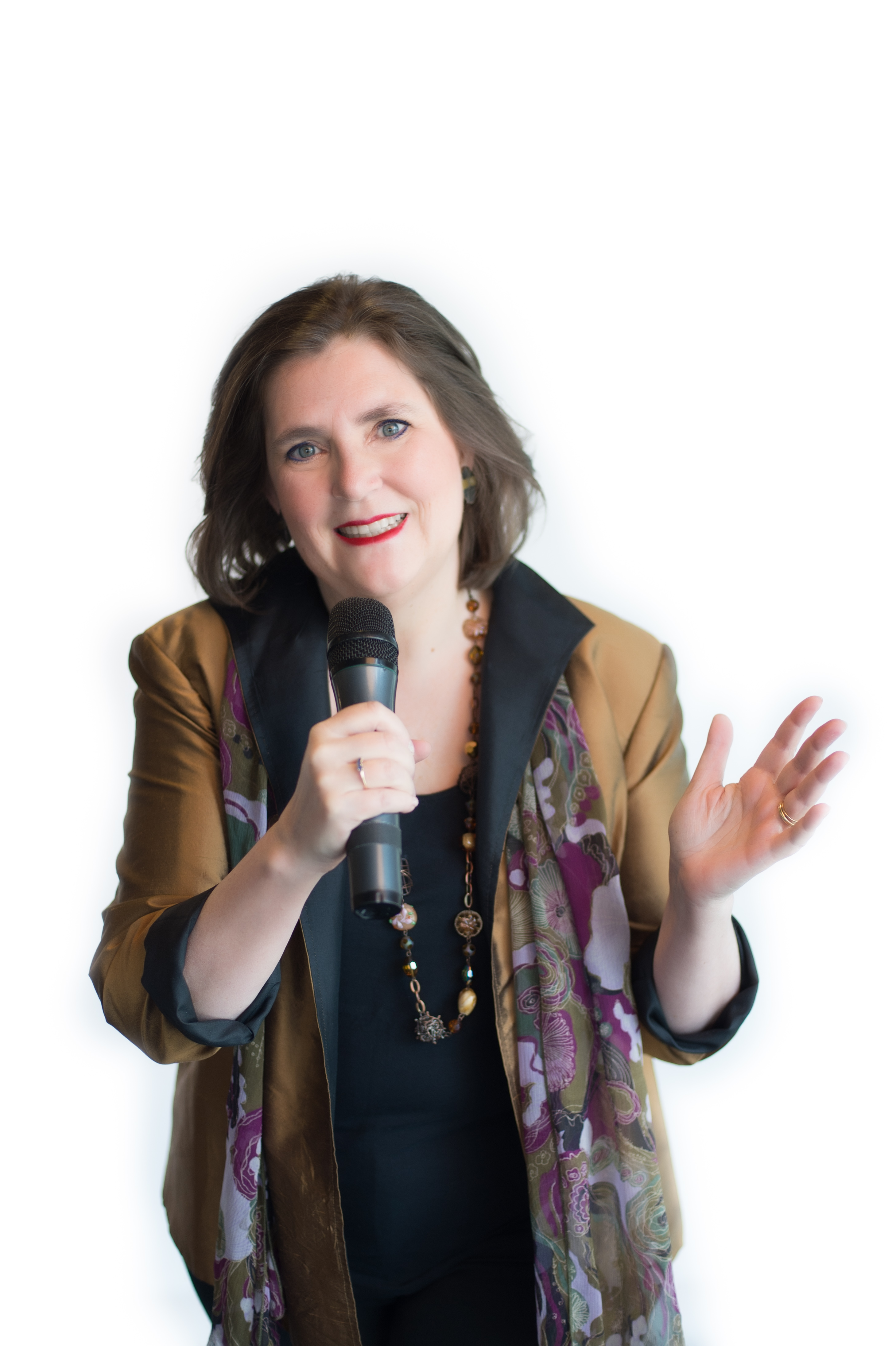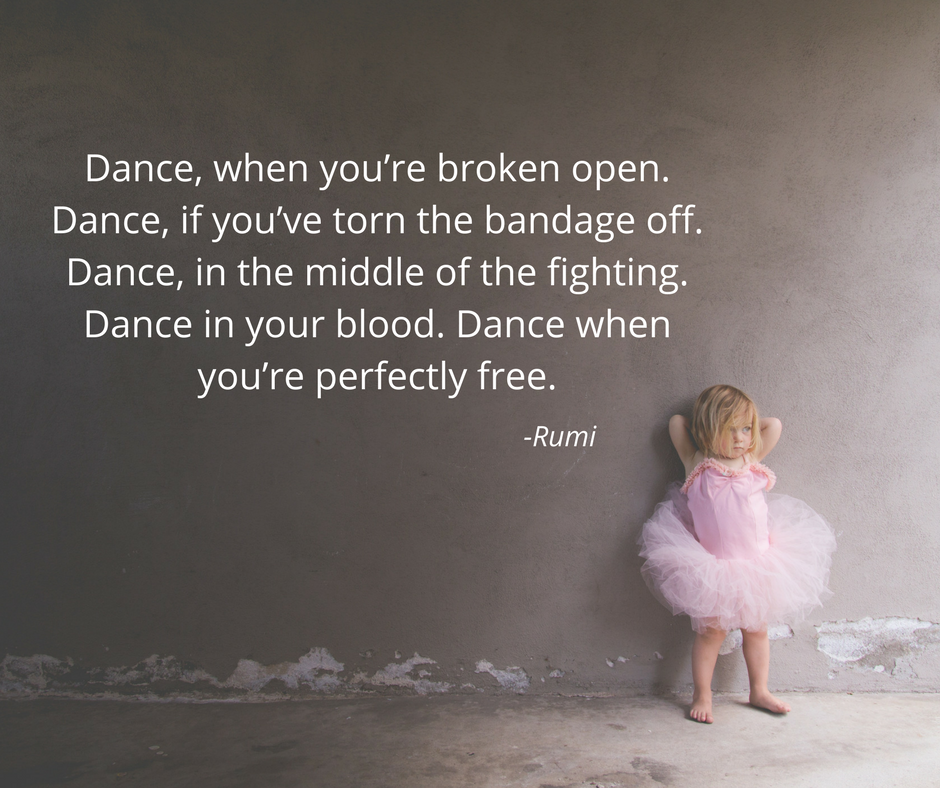The importance of mental health during stressful times is often misunderstood. As a culture, we are much more accepting of physical health breakdowns because it seems possible to DO something about those. A broken leg heals in X number of weeks. And it’s easier to support a person with a broken leg. It’s a clearly defined pain. Practically, this means we don’t talk about when we are hurting emotionally because it might change how others, even people we love, see us and interact with us. Yet emotional breakdowns often lead into physical ones so, in reality, they go together.
When my husband, David, was diagnosed with Stage 4 pancreatic cancer in October 2015, I was public about our journey, battling dysfunctional healthcare systems, fighting to live fully in the face of death. I was considerably less public about the mental anguish of watching the person I loved in pain, mental and physical, unable to do anything except be there. I did not share about the horrors of being a primary caregiver and having him say, from time to time, when I complained about how hard it was, “But I’m the one with cancer.” We loved each other probably more than ever before in our 25 years together, seeing the end of us coming, but the stress was brutal.
After he died, in September 2016, I was heartbroken. I didn’t care about taking care of myself so my life fell apart in many ways. I only admitted to my mother this year that, in that first year, I considered dying every day. I stopped opening the mail so my electric was almost cut off several times. I could not remember to eat or drink for more than 2 minutes so I lost a lot of weight. I slept in 1-2 hour stretches so I never hit REMs sleep and got increasingly exhausted. There were days when I couldn’t get out of bed at all. I didn’t want to move or see people because I was feeling so low that my energy could be fine and then crash in an instant. Things got better over time but I had to develop specific self-care strategies in order to recover and return to myself.
Here are 7 specific strategies I recommend for:
NOT CARING TO EAT OR DRINK – Put baskets of easy-to-grab snacks and drinks around your home or simple-to-make items in the fridge or cupboards. Since food didn’t matter to me and tasted like dust, I had to make it effortless to provide my body with fuel. Once, a dear friend, who was also a widow, came over and made me lasagna, which I ate for a week.
HAVING TROUBLE SLEEPING – Do things which are soothing before you go to sleep like take a bath, listen to music, read a book, take a walk or stretch, whatever works for you. Don’t watch TV or the news too close to bedtime and don’t expect to get back to sleeping 8 hours a night immediately. Be gentle with yourself and willing to go 2 hours to 3 hours, 3 hours to 4 hours and so on.
WAKING UP IN A PANIC – If you wake up already stressed out and dreading the day, remember that how you put yourself to bed can make a huge difference. Do you have something to look forward to the next day: a date with a friend, a walk in nature, a visit to a museum, an exercise class, a bowl of strawberries, open mic music or poetry? Make sure to think of whatever that is when you awake. Speaking or writing down 3-5 things you are grateful for at bedtime (start very, very small) can help shift mood.
FEELING DRAINED OF ENERGY – Be very mindful of your environment. My apartment was a clear indication of how I was feeling so, if there were dishes in the sink for a while and the place was cluttered and dirty, I was in bad shape. At the same time, I had no energy to clean up. Call a friend and do it together or have them keep you company. Do not expect to finish. Do a tiny area, then celebrate.
DISCONNECTING FROM COMMUNITY – If I was not reaching out to family and friends, that was a bad sign. Especially when it comes to mental health, where the silence isolates us at the worst of times, reach out to those you trust most to hold you safe without judgement. Assess your networks and avoid relationships which are toxic to your currently (not for always) fragile self. Choose people you can talk to about whatever is going on so you are not alone. If you are a person of faith, lean into that supportive community.
DOUBTING YOURSELF – After David died, my memory was shot, my energy unreliable, my capacity to be around people diminished and my certainty about my innate ability to think clearly and get things done nonexistent. I was in despair that I would ever be able to trust myself fully again. A proofreader who can’t remember details and a consultant who can’t be around people aren’t worth much. I decided that I could either be distressed about what I couldn’t do or do what I could to start building myself back up again. My first job was working 4-hour shifts in a Halloween pop-up store and I was wiped out and emotionally drained at the end of every day. What CAN you do: meet a friend, walk in nature, read a book? Do that and then take the next baby step, whatever that may be for you.
NEGLECTING YOUR SELF-CARE – Calendar it. Self-care is not optional and it includes anything that makes you feel good. For me, that’s singing bowls, open mics, vibroacoustics, art, nature, reading, writing, family and friends, blowing bubbles, eating organic foods. I asked my FB friends for all their best self-care practices and got 100 ideas. Try that. What does self-care mean for you? It might include finding a therapist to talk with or doctor to prescribe medications, if you wish. Scheduling in something which delights you or provides momentary relief from mental or emotional pain, especially when the world seems hard and dark, is necessary for opening up again to the possibility of joy.
Looking back, I can see that every time I have gotten so stressed or burned out that I could not cope easily with my life, mental and physical challenges were always a part of it. My younger brother died when I was 25 and he was 23 and I was shattered AND inspired to try to live better because he couldn’t. I worked in toxic work environments several times in advertising and finance and, as I got increasingly stressed, I made more mistakes and was increasingly afraid. I found out my husband was diagnosed manic depressive six weeks before we married (even he didn’t know). About 10 years into our marriage, he was diagnosed a volatile Type 1 diabetic of the kind who becomes verbally abusive in an extreme blood sugar drop (which is apparently not that unusual). I didn’t talk about how much that hurt emotionally and he had no memory of it in the morning (which added to his feeling of shame as he imagined it even worse). Why do I mention all this because it’s not to get a ‘poor me’? It’s to say, I get it. Life knocks us sideways sometimes. Human beings like you and me have the capacity to restore our resilience and savor life again.
My biggest piece of advice is to start with whatever is causing you the greatest pain (probably from one of the 7 challenges above) and take one step after another until you are back. I am only just getting back to exercise. Be gentle with yourself. Keep doing what you CAN do and it will grow. Believe in yourself and surround yourself with people who believe in you when you can’t. Even when you can do nothing about the situation, how you interact with it, THAT changes over time. I promise.
How have you gotten through those times when you have experienced extreme stress after circumstances outside your control? Please share.


